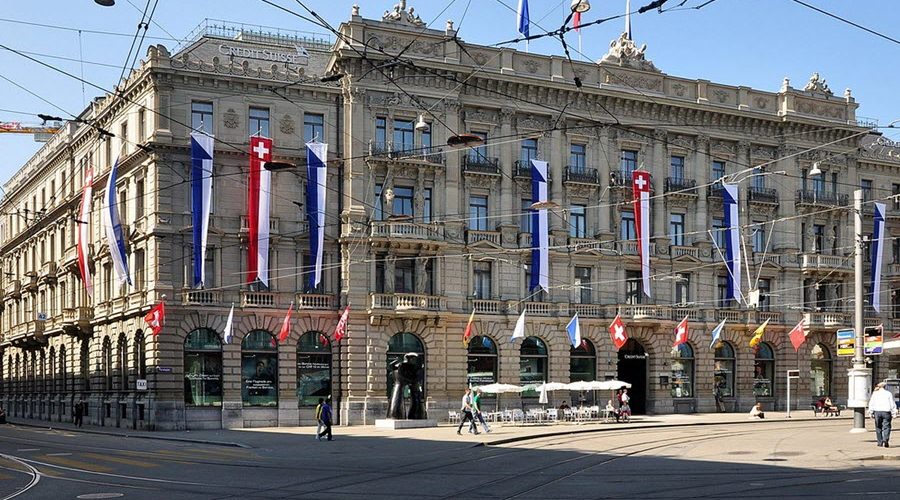In the United States, a class-action lawsuit has been filed against the Swiss bank Credit Suisse, alleging that the bank misled investors over business dealings connected to Russian oligarchs.
The people and entities behind the lawsuit, which are represented by the law firm Pomerantz LLP, all acquired Credit Suisse securities between March 19, 2021 and March 25, 2022.
“The complaint alleges that, throughout the class period, defendants made materially false and misleading statements regarding the company’s business, operations, and compliance policies,” Pomerantz said in the statement released on April 29, 2022.
The lawsuit has been filed in a New York district court.
Loans linked to oligarch yachts and jets
In its statement, Pomerantz accuses Credit Suisse of shortcomings regarding a securitisation deal where Credit Suisse – allegedly – securitised a portfolio of loans connected to yachts and jets owned by clients of the bank. Information regarding this deal appeared in a Financial Times story in February this year, where the securitisation was described as an unusual use of derivatives to offload the bank´s own risks associated with lending money to certain Russian oligarchs and entrepreneurs.
Back then, Credit Suisse responded to the Financial Times article by saying that the transaction was “priced in line with other significant risk transactions, offered competitive investment and hedging terms for our professional investor clients while increasing the capital flexibility of the bank.”
Potentially sanctioned individuals
In March this year, U.S. lawmakers asked Credit Suisse to hand over documents related to the financing of yachts and private jets owned by potentially sanctioned individuals. On March 3, the bank stated that no client data had been erased within the bank when it asked investors to destroy documents relating to a transaction last November.
A difficult time for Credit Suisse
So far, 2022 has been a difficult year for Credit Suisse, with net revenue down 42% in the first quarter and a net loss of 273 million Swiss francs (roughly 284 million USD) for the first three months of the year.
The decline in net revenue, which is chiefly attributed to the sectors of wealth management and investment banking, has triggered a management reshuffle within the struggling Swiss bank. Three of the bank´s longest-serving executives have announced that they are leaving their positions, and one of them is Chief Financial Officer David Mathers. After the reshuffle, the executive board will only consist of managers who assumed their current roles in 2020 or later.
Credit Suisse is not in great shape to handle further trouble, as the company is still reeling from billions in losses racked up in 2021, and a series of scandals and legal issues. So far, efforts to remedy the situation through multiple rounds of management reshuffles and internal investigations seem to have had little impact.
One of the issues plaguing Credit Suisse is a court case in Bermuda. In March, a Bermuda court ruled that a local unit owed the Georgian billionaire Bidzina Ivanishvili over 500 million USD as the result of a long-running fraud committed by a former adviser.



